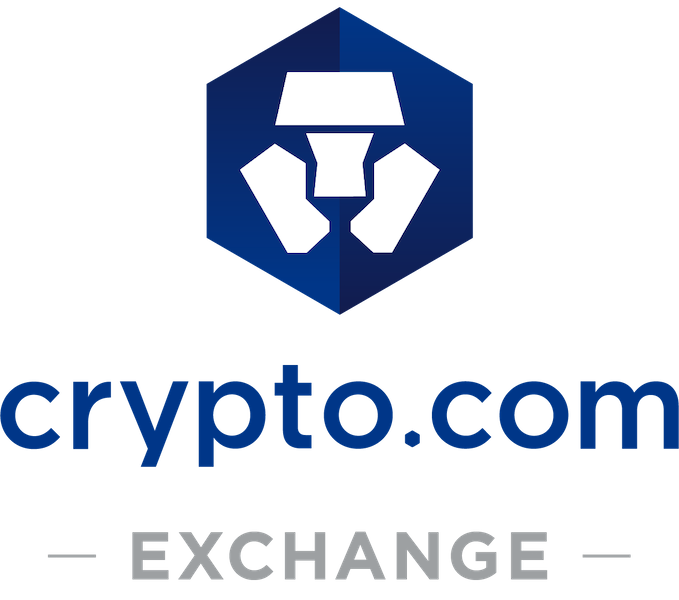
Online gambling in Norway is currently undergoing a transformation. With strict government restrictions and the state’s monopoly on gambling services as a whole, more and more players are turning to crypto casinos. These platforms are now offering Norwegians a seamless, private, and more rewarding experience when compared to traditional online casinos.
Landscape of Crypto Casinos in Norway
It’s fair to say that Norwegian gamblers have long faced significant hurdles when it comes to accessing online casinos. As it stands, gambling itself isn’t banned. In fact, Norwegian players can head online to Svindel.info to see a list of crypto casino providers available, as well as insights into the best crypto casinos in Norway. Instead, the problem seems to be the government’s roadblocks.
The problem is that the government appears to actively block traffic to other operators. Preferring to direct traffic to its own platform, Norsk Tipping. Some of the measures that show this include the blocking of e-wallets, disabling credit card transactions, and introducing strict advertising bans on offshore operators.
Rather than allow Norsk Tipping to continue with its unfair dominance, the response has been the introduction of an alternative approach: crypto casinos. The platforms operate outside of traditional finance systems. They rely on blockchain technology and digital assets, such as Bitcoin, Ethereum, and Litecoin. These allow for transactions that are faster as well as being anonymous.
Why Are Crypto Casinos Gaining Popularity in Norway?
It’s clear that the biggest driver behind the increased popularity of crypto casinos is the state’s attempt to maintain a monopoly. The legal framework is clear when it comes to domestic operators, but less so when it comes to those offshore. With active attempts to make access to these casinos, players have started to look elsewhere.
Key drivers can be summarised as:
- Limited options at state casinos: Norsk Tipping may well be a legal site to play at, but it offers a poor experience compared to that coming from international operators. There are limited games and a lack of bonuses, which leads to Norwegian players feeling distinctly underwhelmed.
- Payment restrictions: The government ordered banks and payment service providers to stop transactions with offshore casinos. This means that players were left with no way to make deposits or withdrawals with traditional payment methods.
A Legal Grey Area
In Norway itself, pretty much all forms of gambling are fully permitted. However, they are limited to state-run sites, such as Norsk Tipping and Norsk Rikstoto. That being said, there is no current law that outrightly prevents Norwegians from playing on international platforms. While certain roadblocks have made this more difficult, the legal loophole has allowed crypto casinos to flourish. They have been able to operate with unrestricted access and more appealing bonuses.
There are new cryptocurrencies appearing all of the time and crypto itself is legal in Norway. It is an officially recognised asset, and the likes of Norwegian Air actually accept Bitcoin as a form of payment. This broad acceptance has led to crypto being normalised and it has become more accessible for everyday uses, including gambling.
The Advantages of Using Crypto for Online Gambling
It’s widely accepted that crypto brings a host of benefits to the online gambling industry. This is particularly the case in restricted environments, such as that in Norway:
- Anonymity: When using crypto, there’s no need to provide personal financial details. Also, many crypto casinos don’t require KYC (know your customer) protocols to be followed.
- Speed: Deposits and withdrawals with crypto are almost instant, whereas traditional methods can take as long as 7 days.
- Lower fees: As there are no intermediaries involved, there is no one looking to take a cut. This means that transaction costs are significantly lower.
- Security: Blockchain is a public ledger and all transactions are recorded here. This makes them practically tamper-proof.
- Larger bonuses: Many crypto casinos come with bonuses that are worth more than those offered by fiat sites.
The Numbers Speak for Themselves
Recent data shows that there are around 600 monthly searches for crypto casinos in Norway. While this may not sound like a huge figure, it represents a 126% year-on-year increase. With a population of 5,474,360, this gives an occurrence rate of 10.96 per 100,000.
This sees Norway ranking first in terms of crypto demand per capita. With almost 11 searches per 100,000 people, it’s extremely clear that players here are actively looking for these platforms, despite the legal grey areas that may exist.
Getting Started: How to Play at a Crypto Casino in Norway
If you’re a Norwegian player who’s looking to get involved with this new trend, here’s a look at the steps that you’ll need to follow:
- Choose a trusted crypto casino: Look for platforms that can be trusted with a license in place and positive reviews.
- Create a wallet: Services such as MiFinity are great for Norwegian players as they support both fiat and cryptocurrencies.
- Buy crypto: Head to your preferred exchange and buy your chosen cryptocurrency.
- Make a deposit: Send crypto to your casino wallet and then you’re all set to start playing.
The Future of Crypto Casinos in Norway
Cryptocurrency is continuing to gain mainstream adoption in Norway. This means that crypto casinos will see further growth and become more player-focused. Blockchain-based platforms are still in relative infancy. Even now, they offer provably fair games and decentralised finance (DeFi) integrations, which means players can stake, lend, and earn interest on their crypto all while playing. This means that there are some fantastic opportunities for players who are looking to get the most out of their gambling experience.
It’s possible that government regulations will tighten further with attempts to redirect players to state-controlled platforms. However, with more operators emerging that can offer secure, anonymous, and decentralised options, it’s going to become almost impossible to prevent players from accessing offshore casinos.
It could be the case that the government will seek to benefit from this new trend. Lawmakers may take a fresh look at policies that are outdated and seek a modern approach rather than adding more restrictions.
Final Thoughts
The crypto casino boom in Norway is looking like it is much more than just a trend. It’s a reaction to state-imposed limitations as players demand more freedom when choosing where to play. The added privacy, faster transactions, and attractive bonuses mean that Norwegian players are likely to continue seeking these casinos throughout 2025 and beyond.









